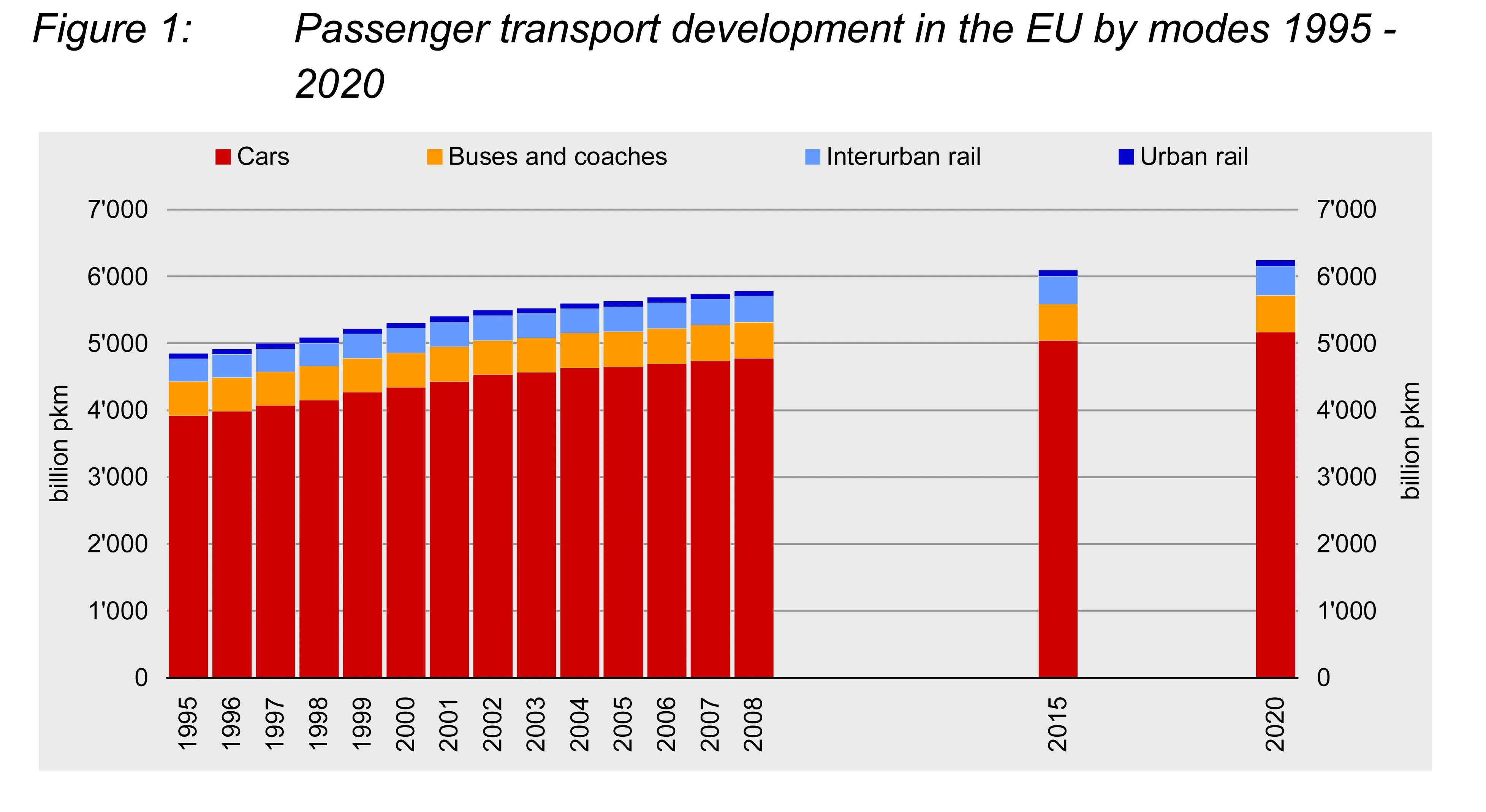
UK road users receive a mere £4 billion in capital investment, and congestion increases. Road pricing could provide the roads needed and reduce taxes, says a new report
UK motorists receive a "paltry" £4 billion (€5 billion) investment in road capacity in return for the €57.5 billion a year they contribute in road user taxes, according to the 2008/9 Road File, published by the UK Road Users Alliance (RUA).Over the last decade, this infrastructure spend has led to a minimal 1% increase in the road network to cope with a 26% increase in the number of licensed vehicles, claims the report.
The vast majority of passenger transport (92%) is carried by road, a proportion similarly reflected across all major European economies, however excellent their public transport, the report says.
By comparison with its European neighbours, the UK is poorly served by road infrastructure and motorways struggle to cope with double the
"Road users have provided a rich seam of cash for the Treasury for decades and are receiving less and less for it," says RUA director, Tim Green.
"Apart from the damage this causes the economy; it is also a shot in the foot when you consider that motoring is the only form of transport that actually covers its carbon cost several times over. In return road users are forced to cope with congested roads that add to emission levels."
While much welcomed, new plans to increase house building and expand airport capacity will increase traffic, which is already predicted to grow by 30% by 2025.
According to the government, the resulting congestion could cost an extra €40 billion/year in wasted time and increased costs to business.
"To squander sums of this amount, particularly in the current economic climate, is clearly nonsensical," says Green.
"Motoring generates €162 billion of directly attributable economic activity and road transport underpins the country's economy, helping our competitiveness and national productivity.
"Road users get a raw deal now and could still find their pockets picked further, to fund other budget deficits."
RUA member, the
Sheila Rainger, the RAC Foundation's deputy director, points out: "Such a system, independently regulated, could give the motorist a far better deal by allowing a reduction in road user taxes while maintaining a revenue stream for the Treasury."
"More importantly, it would cover the cost of providing the additional capacity our road network so desperately needs." ·
The facts
The RUA report says roads take up less than 1% of the area of Britain. The UK has a smaller motorway network than its European economic counterparts, and also has a much lower motorway density.
For instance, the Netherlands has over 60km of motorway for every thousand km² of land mass, Latvia has 25km, and the UK has less than 15km.
In terms of motorway density, the UK is closer to new EU member states such as Slovakia, Lithuania and Hungary, than Germany and France.
Britain's road network could be completed to meet most forecast demand by using just an additional 0.05% of the area of England.
Other factors can also be used to determine the strength of the UK's road network in relation to other European countries.
Despite a relatively low level of car ownership (7th in Europe), forecast to grow by 30-50%, the UK has more cars per mile of motorway than all other major European economies, and more than double the EU-25 average.
The same is true when comparing the size of the population with the motorway network. Despite the inextricable link between an efficient road network and a strong economy, the UK has less than 2km of motorway for every billion dollars of GDP.
With the EU-25 average at just under 6km and Spain achieving well over 12km, "we are in danger of being left behind the rest of Europe."









